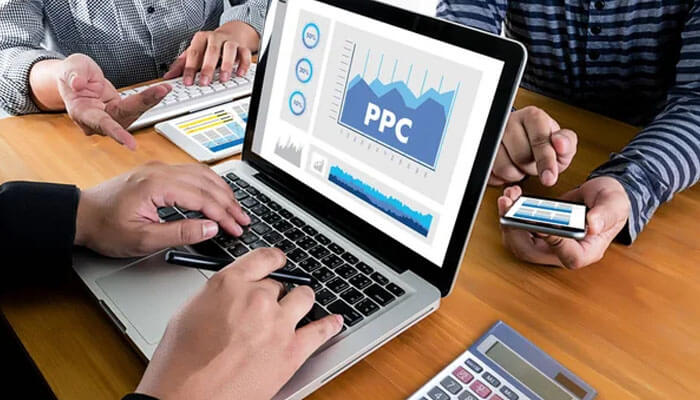Google, the biggest search engine in the world, has two types of search results that show up on the first page. There are the paid results that businesses pay to show up on, also known as PPC (pay per click). And the organic results which no one can pay to be on but are based on the SEO (search engine optimization) efforts the businesses make.
This is an important difference between SEO and PPC, but many folks confuse the two, assuming they are both the same. Don’t make this amateur mistake.
Keep reading to find out what these two are all about and how you can improve your organization’s standing with Google by focusing on them both.
Types of SEO
There are many ways you can take advantage of SEO for your website. It requires a bit of work at the backend. But the more you take advantage of this and optimize your website, the more organic traffic you will get to your site.
Some types of SEO you can focus on are as follows:
Keyword Research
Think about the last time you searched for something on Google. You must have typed a bunch of “keywords,” probably a phrase or a sentence, like, “Why do cats like catnip?” Once you hit search, Google presented a list of results to you from which you picked the one that appealed best to you, probably in the top three.
Well, that’s what keyword research is all about. Based on what niche your organization is in and what kinds of products and services you sell, you will focus on different keywords and optimize your website for that.
For instance, if you are in the business of selling life coaching, then you will probably use keywords like, “Find your dream job,” or “Live your dream life.” There are many ways to do this keyword research, primarily by using Google Analytics and their Keyword Planner.
On-page SEO

Every time you write a blog post, there are many steps you need to take to ensure it’s optimized enough for Google’s liking. Firstly, you will want to sprinkle the appropriate keyword throughout the article.
Secondly, you will want to ensure that the article is easy to scan and has a certain word count (Google likes longer posts).
Also, you can spend some time on the images you use on the page, making sure they are compressed and optimized, as well as labeled properly with Alt+Txt.
Doing this will ensure Google will present your content over others to the user when they search for something relevant to your page. This will boost your organic traffic.
Off-page SEO
There are many things you can do off your website to ensure that you have traffic flowing freely to your site. One thing is to increase the number of backlinks, that is, boost the number of websites that link to your content.
This boosts your rating with Google and shows them that you are a worthy enough website to show to users.
Technical SEO
This step will ensure that web engines like Google can crawl, index, and search through your site and thus show your site to interested users. There’s no point in doing all the work above if your website isn’t visible or is set to private.
Also, remember that SEO for finance companies will be quite different from SEO work for the medical industry. Each industry requires its own set of SEO work.
Benefits of SEO
There are many benefits of using SEO, the primary one being that you don’t have to pay for this service. This is not paid advertising, but an organic “free” way to get traffic flowing to your website.
In truth, you are paying through the labors of your SEO team or any experts you hire, but even so, it’s a much cheaper way to get traffic flowing to your website.
SEO also has greater staying power than PPC, that is, once your website has high SEO rankings, it will probably stay there for a while unless you make some dire mistake and get blacklisted by Google.
PPC Trends

With PPC, you pay a fee when someone clicks on paid search results on Google, which shows up at the top of the search results page. Hence, it’s called pay-per-click (PPC).
Overall, PPC is much more complicated than SEO work, even though both have their trials. If you don’t want to waste a ton of money setting up PPC ads and getting nothing as a result or getting irrelevant traffic to your website, then you will want to hire an expert to do PPC work for you.
As with SEO, you will want to do keyword research to set up an ad that folks are inclined to click on. You also want to focus on audience targeting to have your ad show up to folks who matter, rather than just anyone out there.
Benefits of PPC
If you want faster results and have a budget for it, then PPC is a great way to get more traffic to your website. But it can be prohibitively expensive, so you will want to budget carefully.
Also, the effects of PPC don’t last as long as SEO does, so you don’t want to focus entirely on PPC.
The Difference Between SEO and PPC: It Comes Down to Time
If you are in a rush to get traffic to your website, then SEO and PPC might work better for you. But if you have time and can build up organic traffic slowly over time, then focus on SEO efforts.
Now that you know the difference between SEO and PPC, you can allot your organization’s budget to each in the right fashion.
Also, read through related articles on other Business Products & Services and stay informed on the latest SEO and PPC trends.



